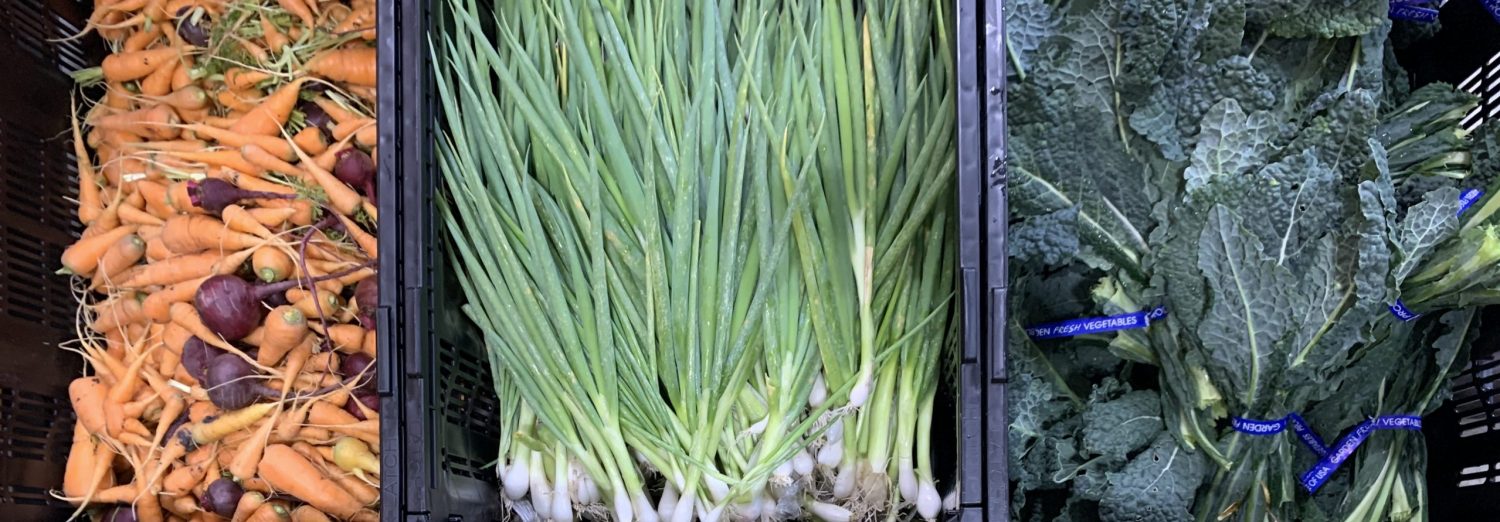Systemic racism underpins nutrition insecurity for communities across the United States. As part of Black History Month, BFN will engage in conversation on food access and how we attempt to make it more equitable. Today’s post frames the discussion from an advocacy perspective.
Black households face some of the highest rates of food insecurity in the country (link). How is this measured, why does it happen, and how might we try to change the situation? A September 2021 report from the Food Research & Action Center analyzes racial disparities before and during COVID-19 (link). Using hunger, poverty, and health as indicators, the report documents substantial and ubiquitous gaps between Black and White populations. 1 in 5 Black households were food insecure compared to 1 in 14 White households; 44% of Black adults had difficulty paying for household expenses compared to 21% of White adults; and Black Americans have been twice as likely to die of COVID-19 as White Americans.
These ongoing disparities reflect an extensive history of policies that harm Black communities, which in turn inform some of BFN’s advocacy priorities. For example, the most common vehicle for wealth generation in the US is homeownership. Yet the practice of redlining, pioneered in cities across the Bay Area—including Berkeley (link)—has systematically denied Black families home buying opportunities (link). Today, affordable housing is a critical issue for people across California, including many Black households. Affordable housing is one of BFN’s advocacy priorities to achieve economic equity, which we identify as the root solution to nutrition insecurity.
Two of our other advocacy priorities specifically respond to racial inequity: worker justice & ownership, and racial justice. Our emphasis on worker justice & ownership draws on the concept of self-determining food economies as defined by the National Black Food Justice Alliance (link). Because we work with Black food producers, partner agencies, and clients across our sourcing and distribution programs, naming racial justice as a standalone priority is imperative to us.
As the month progresses, you can look forward to blog posts and social media postings on Black History is American History; Black Farmers and Sustainable Sourcing; Why People Should Care about Black History Month; BFN Accountability and Moving Past Black History Month. We welcome you to engage.
